Filipino Greetings and Social Norms
Understanding Filipino greetings and social norms is key to building strong connections in the Philippines.
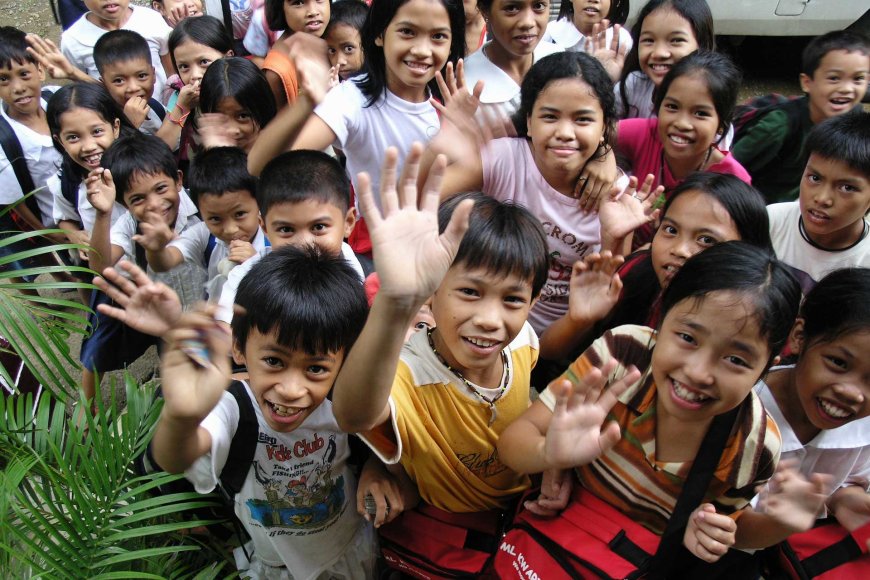
A Cultural Exploration
The Philippines is known for its warm hospitality and rich cultural heritage. Understanding Filipino greetings and social norms is essential for anyone looking to build meaningful relationships in the country.

Greetings and Introductions
In Filipino culture, greetings are a vital part of social interaction. The most common greeting is a smile, often accompanied by a friendly wave or a verbal salutation. "Kamusta" (How are you?) is the standard greeting, similar to "Hello" in English. When addressing elders or someone of higher status, it is respectful to use "po" and "opo," which denote politeness and respect.
A unique Filipino greeting is the "mano," a gesture of respect performed by taking an elder's hand and pressing it to one's forehead. This gesture signifies deep respect and is often used when greeting grandparents or other older relatives.
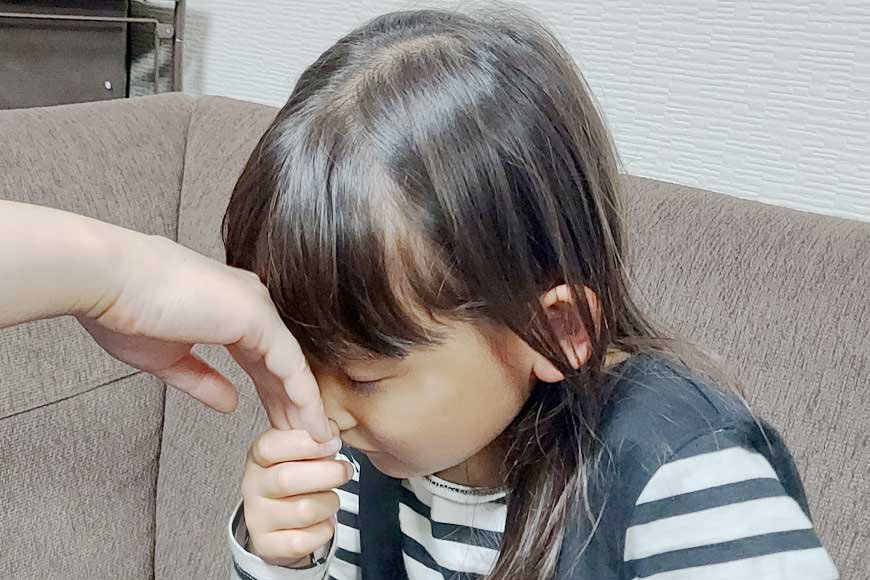
The Concept of "Pakikisama"
"Pakikisama" is a Filipino value that emphasizes harmony and smooth interpersonal relationships. It involves being considerate of others, avoiding conflict, and fostering a sense of community. Filipinos place a high value on maintaining good relationships, and this often translates into being accommodating and helpful.
This concept is evident in various social settings, from family gatherings to workplace interactions. Filipinos will often go out of their way to ensure that everyone feels included and comfortable. This sense of community is a cornerstone of Filipino society.
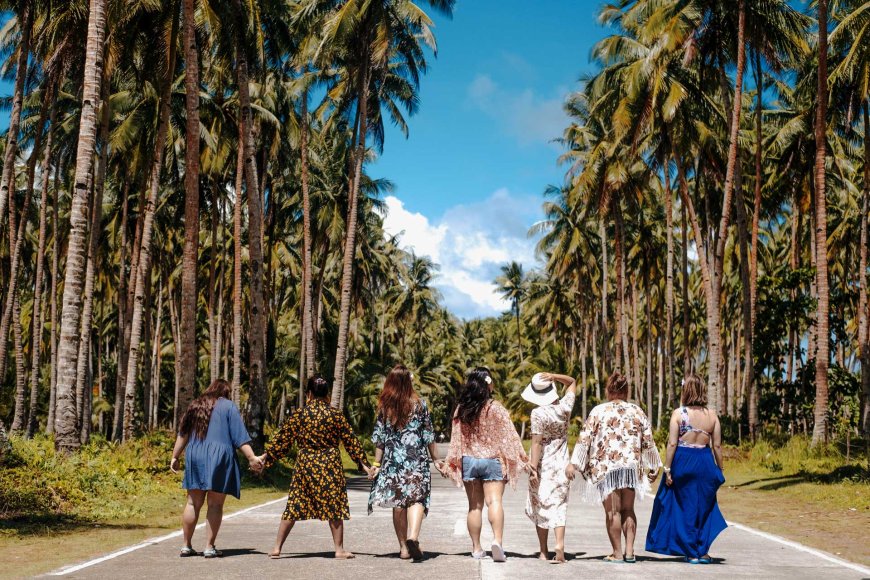
Respect for Elders and Authority
Respect for elders and authority figures is deeply ingrained in Filipino culture. This respect is demonstrated through language, gestures, and behavior. When speaking to elders or superiors, Filipinos use formal language and titles such as "Sir" or "Ma'am." The use of "po" and "opo" also reflects this respect.
Filipinos are taught from a young age to show deference to their elders. This respect extends beyond the family to include teachers, community leaders, and even strangers. It is common for younger people to offer their seats to older individuals in public transportation or to assist them in various ways.
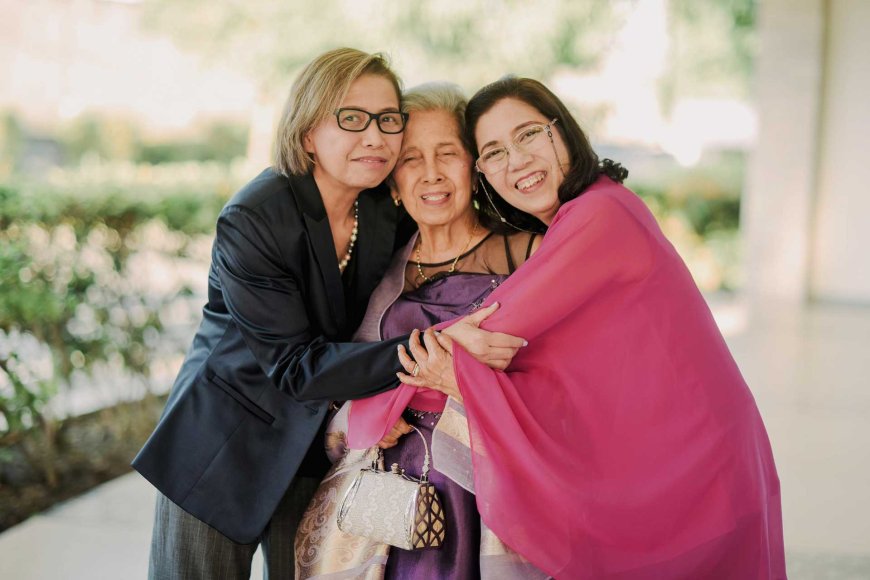
Hospitality and Generosity
Filipino hospitality is renowned worldwide. Visitors to Filipino homes are treated with utmost warmth and generosity. It is customary to offer guests food and drinks, and refusing these offers can be considered impolite. Filipinos take pride in ensuring their guests are well-fed and comfortable.
The concept of "bayanihan" further illustrates Filipino generosity. "Bayanihan" refers to the spirit of communal unity and cooperation, where community members come together to help each other, especially in times of need. This tradition is still evident today in both rural and urban areas, showcasing the Filipino spirit of collective effort and support.

The Role of Family
Family is the cornerstone of Filipino society. Filipino families are typically close-knit, and family members often live in close proximity to one another. Extended families, including grandparents, aunts, uncles, and cousins, play a significant role in an individual's life.
Family gatherings are frequent and are considered essential for maintaining strong family bonds. Important events such as birthdays, holidays, and religious celebrations are often marked by large family reunions. The sense of obligation to support and care for family members is a fundamental aspect of Filipino culture.
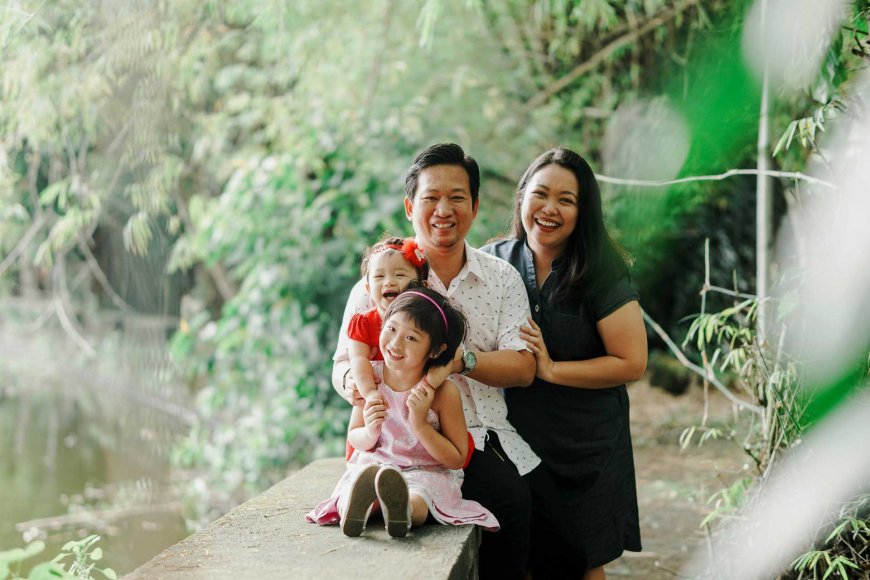
Social Norms and Manners
Understanding Filipino social norms and manners is crucial for successful interactions. Filipinos value humility and modesty; boasting or drawing too much attention to oneself is generally frowned upon. When receiving compliments, Filipinos often respond with humility to avoid appearing arrogant.
Personal space is also respected in Filipino culture, but physical affection among family and close friends is common. Hugs, handshakes, and pats on the back are typical ways of expressing affection and camaraderie.
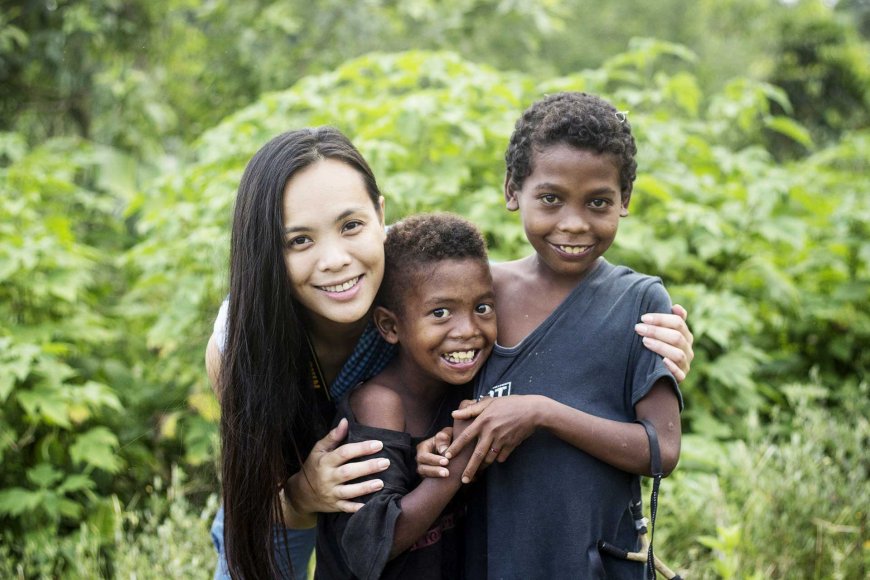
Building Connections Through Respect, Humility, and Community
Navigating Filipino social norms and greetings requires an understanding of the values and traditions that shape Filipino culture. By showing respect, practicing humility, and embracing the spirit of "pakikisama" and "bayanihan," one can build strong and meaningful relationships within Filipino society. The warmth and hospitality of the Filipino people make every effort to understand their customs a rewarding experience.
Find Cheap Flight Tickets to any Destinations in Japan and the Philippines
Nipino.com is committed to providing you with accurate and genuine content. Let us know your opinion by clicking HERE.































































